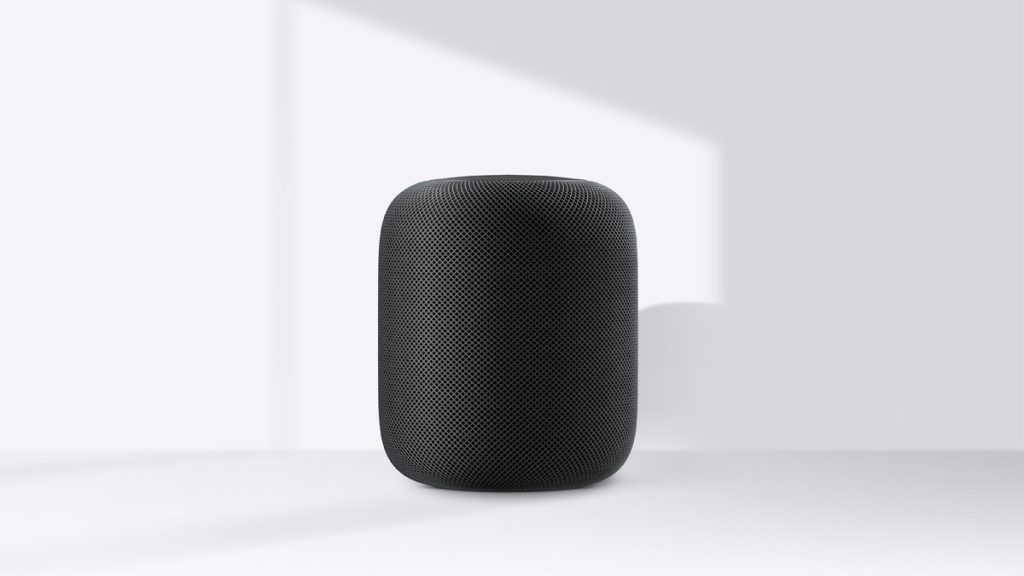Apple has an indomitable need to be the first – to develop the first versions of products for the earliest of adopters. That’s why it should be no surprise that when smart home products began hitting the market, Apple felt the need to launch a line of their own to keep up. Unfortunately, most smart home products were coming out of niche startups at the time, each focusing their energy on specific items in home technology. And so, Apple, with their attentions divided and their focus in an entirely separate arena, stumbled.
What went wrong exactly? Well, Apple launched their HomeKit without a central organizing device and with their normal focus on exclusivity – if other brands wanted to make HomeKit compatible devices, they’d need to use Apple’s MFi coprocessor. This pushed their products into isolation at a time when other brands were finding new and exciting ways to work together.
Now, more than two years after the launch of their HomeKit line, Apple may finally be at a turning point – but is their HomePod enough to shift the market? Here’s what you need to know.
The Tipping Point
We’re currently situated at a turning point in regards to smart home technology. According to a study by Berg Insights, as many as 73 million US homes will feature smart technology by 2021, with big leaps beginning this year. That’s because a significant number of low cost options by established brands like IKEA and Honeywell are hitting the market, making smart technology more accessible to the average consumer. Developing a complete ecosystem is also becoming easier as more devices are compatible across brand lines.
Even as Apple yields on use of the MFi coprocessor, though, the brand is already behind the eight ball in terms of user adoption. First of all, we know very little about the HomePod on a technical level at this juncture, besides what we can glean from an early firmware release. And second, while many people are buying into smart home products this year, Apple won’t even release the HomePod until the end of 2017 – if that date doesn’t get pushed back.
All this is to say that even for Apple loyalists who really fuel product adoption, the HomePod could be too little too late when it comes to resurrecting the HomeKit from the pages of obscurity. It’s going to be an uphill battle for Apple to even make a dent in the market.
Price, Products, And Potential
Apple will need to focus on several key factors in order to have any impact on the smart home security market, starting by looking at their own price point. The HomePod is set to the hit the market at $349, but Apple seems to be overlooking the fact that other brands have had time to bring down their prices. That means that users who wanted to buy Amazon’s Alexa ($99.99), for example, can spend far less while also having the ability to choose from a wide variety of compatible smart home devices.
As for those with the HomePod, they’ll have to choose from Apple’s approved and pricy HomeKit devices. Most Apple loyalists will tell you it’s a catch-22 – yes, it’s expensive, but you know you’re paying for quality and that’s what keeps them coming back.
Experts in the field are also concerned about market fragmentation with the introduction of Apple’s HomePod. Since so few people already own the HomeKit, there isn’t much of an incentive to test out Apple’s new product, which is likely to be buggy in these early phases. Central home smart speakers are still new and already 9 million homes in the U.S. are using Amazon’s version, while globally, Google controls about 2% of the market share. Where does Apple fit in all this?
The Dangers Of Exclusivity
Ultimately, Apple may be too late to take on the smart home marketplace – and that could be for the best, allowing the company to continue to focus on phone and tablet development. And if they are going to stick it out with the HomePod and associated devices? Then they’re going to need to simplify. Nearly every Apple device needs an additional bridge or piece of equipment and that drives up both cost and complexity for users.
Smart home tech is supposed to simplify our lives and Apple is doing everything but making things easier.
 KitGuru KitGuru.net – Tech News | Hardware News | Hardware Reviews | IOS | Mobile | Gaming | Graphics Cards
KitGuru KitGuru.net – Tech News | Hardware News | Hardware Reviews | IOS | Mobile | Gaming | Graphics Cards



